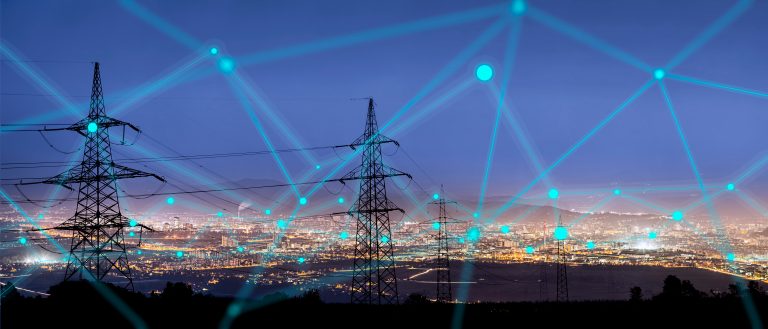Jakarta – Director General of New, Renewable Energy and Energy Conservation (EBTKE), Eniya Listiani Dewi, said the power wheeling scheme proposed in the New and Renewable Energy Bill (EBET Bill) is designed to accelerate clean energy development without harming PLN.
The government is reviewing various new schemes to support the development of new and renewable energy (EBET) through the EBET Bill. One important point in this bill is regulating the power wheeling scheme, which allows the joint use of electricity transmission networks.
Although the scheme is considered controversial, the government ensures that PT PLN (Persero) ‘s role is strengthened, especially in the context of leasing transmission networks. “We ensure that this scheme maintains PLN’s position as the main provider of the country’s electricity transmission network,” Eniya said in a discussion with the media on Monday, September 9.
The power wheeling scheme in the EBET Bill allows EBET plants to rent PLN’s network to distribute electricity to certain consumers, such as industrial estates or companies that need clean energy. However, Eniya emphasised that EBET power plants are prohibited from selling electricity directly to household consumers in PLN’s work area.
“Direct sales to household consumers has not been the direction of our current policy,” Eniya said.
Furthermore, this scheme provides an opportunity for generators with the status of General Electric Power Plant Business License (IUPTLU) and Solar Power Plant Business License (IUPTLS) to rent PLN’s network to distribute renewable energy to areas outside PLN’s operational area, as long as they continue to use PLN’s network. “This scheme strengthens PLN’s position because network utilisation remains under their control,” he added.
Despite the government’s efforts to balance clean energy development and PLN’s role, the power-wheeling scheme has drawn criticism, particularly from PLN’s labour union. Chairman of the PLN Workers Union (SP), M Abrar Ali, stated that the scheme contains elements of electricity market liberalisation that could weaken state control over this strategic sector. “We are concerned that power wheeling paves the way for electricity liberalisation, which is against the constitution, as it allows private parties to sell electricity freely in the open market,” he said.
The power-wheeling concept allows two types of transactions: wholesale and retail. In wholesale wheeling, power plants sell electricity in bulk to power companies or consumers outside their operational areas, while retail wheeling allows plants to sell electricity directly to end consumers. Both transactions use the transmission network by paying a rental or toll fee.
Ali added that this scheme is rooted in unbundling, which was once regulated in Law No. 20/2002 on Electricity. However, the Constitutional Court (MK) canceled this concept in a 2015 ruling, as it was considered contrary to the state’s role as controller of the electricity sector.
“The return of the power wheeling scheme in the EBET Bill has the potential to violate the Constitutional Court’s decision and reduce the state’s role in this sector,” Ali continued.
Despite concerns, the government is optimistic that the proposed power-wheeling scheme will not weaken PLN’s position. Eniya emphasized that the scheme aims to create efficiency in utilising the existing transmission network.
“Collaboration with various parties, including PLN, remains a priority in ensuring the energy transition goes according to plan without compromising national interests,” Eniya said.
The government also hopes this scheme can help achieve the renewable energy development target of 23% in the national energy mix by 2025. With PLN’s limited capacity to develop networks, leasing transmission networks through power wheeling is considered a practical solution to accelerate the growth of renewable energy.
The EBET Bill is being discussed with the House of Representatives (DPR). The government hopes that this regulation will be passed soon to become a legal umbrella for renewable energy development and accelerate the energy transition towards a low-carbon economy. (Hartatik)













